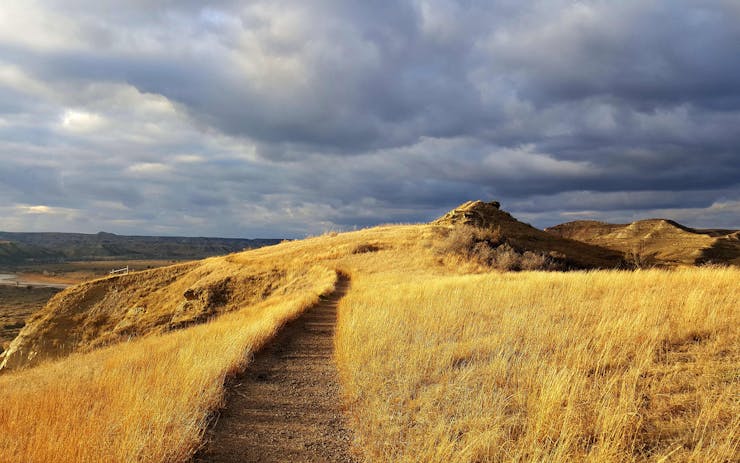BISMARCK, N.D. (AP) — North Dakota officials who are setting up a medical marijuana system don’t expect the drug to be available to patients for another year — two years after voters approved it.
The timeline is disappointing to at least one marijuana advocacy group, but state Medical Marijuana Director Jason Wahl said officials worked to devise a “well-regulated program” that also places a priority on ensuring medical marijuana isn’t able to be diverted for illegal use.
The state Health Department on Monday announced proposed administrative rules to cover such things as lab testing, security requirements and transportation regulations. The agency is taking public comments on the 50 pages of rules through Dec. 26, and has scheduled public meetings in six cities around the state next month.
The rules are to go before the Legislature’s Administrative Rules Committee for approval in March. The Health Department said it won’t begin the process of taking applications from potential manufacturers, dispensaries, testing labs, patients and caregivers until at least April.
“Usable marijuana is anticipated to be available to registered qualifying patients within the next 11 to 13 months,” the department said in a statement.
The North Dakota Compassionate Care Act allows the use of medical marijuana for 17 medical conditions, along with terminal illnesses. Voters approved it in November 2016, and state lawmakers earlier this year crafted regulations that Gov. Doug Burgum approved in April.
Kenan Bullinger, who retired as director of the Health Department’s medical marijuana division at the end of October, in July offered a tentative timeline under which medical marijuana would have been available by late spring or early summer of next year. He said in August that the administrative rules process was taking longer than expected, though he still anticipated medical marijuana to be available sometime next summer. The timeline offered by the department Monday moves that estimation to late next year.
Tom Angell, chairman of the pro-legalization group Marijuana Majority, said enough states now have established medical marijuana systems that a two-year lag between voter approval and drug availability is “quite long” and could force some patients to choose between suffering and getting medical marijuana on the black market.
“It’s not like anybody is asking North Dakota to invent a regulatory system for medical cannabis — those systems are in place in a number of states,” he said.
Wahl, who succeeded Bullinger on Nov. 1, said North Dakota looked at numerous states’ regulatory systems when crafting the proposed rules.
“If you were just to focus your proposed rules on one state, and could have copied and pasted, yes, the timeline would have been much shorter,” he said. “I don’t believe that would have benefited the program and the people of the state.”





